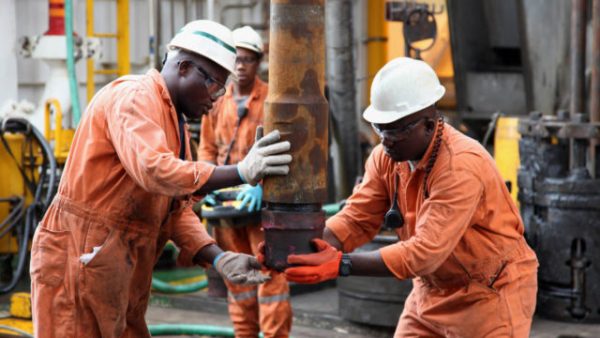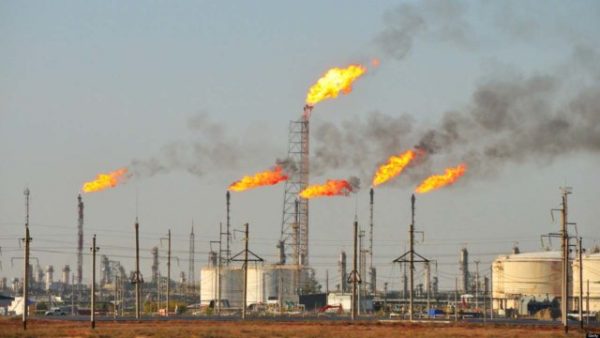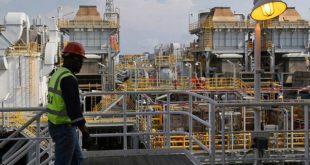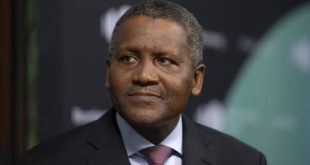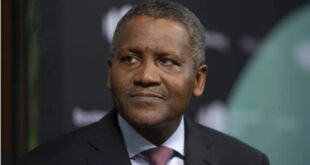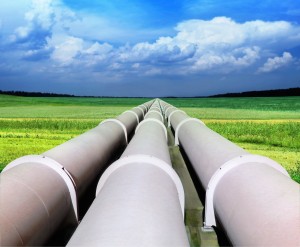
Nigeria amongst others may risk over $30 billion dollars’ worth of oil and gas pipelines project due to the persisting decline in crude oil price.
As it stands, some major infrastructure project pipelines are threatened of being heavily curtailed, as falling oil prices force those governments reliant on oil revenues to make cuts, this is according to the Business Monitor International, BMI’s Infrastructure Key Projects Database.

The report studied major oil producing and dependent countries like; Iran, Iraq, Russia and Nigeria as having at least USD30bn of projects at risk, according to BMI’s Infrastructure Key Projects Database.
The report stated that “the current oil price environment will put a strain on infrastructure projects around the world.

We have already seen the cancellation of petrochemical projects in Saudi Arabia and Qatar and we expect that across most markets that oil and gas pipelines and industrial construction projects in the refining sector will likely face similar prospects.
However, forecasts predicts that over the coming years, the impact will have a much broader effect on some markets in particular, adding that these countries risk its project completions because of the falling oil strides.
“With this in mind we highlight Iran, Iraq, Nigeria and Russia as markets with sizeable portions of their project pipelines (USD30bn plus) in the planning stages which are vulnerable to cutbacks”.
Continuing, it maintained that “also with the instability in the crude price, questions are raised over the country’s fiscal sustainability and ability to fund its infrastructure plan. This is because the country has one of Africa’s largest infrastructure project pipelines, with USD65bn worth of projects across all sectors in the planning phase”.
The report added that “Despite running a small budget deficit in recent years, fiscal pressures have been steadily rising. Faltering oil production and unbudgeted spending associated with elections scheduled for March have seen fiscal buffers eroded. With oil, which accounted for an estimated 65% of government revenue in 2014 set to stay within the USD55-65 per barrel (/bbl) range over the coming years these pressures will intensify”.
It further stated that “Although infrastructure has been a key goal of the President’s growth and transformation plan, we expect that current, rather than capital spending will win over when spending retrenchments need to be made,” .
Moreso, it noted that the country plans to privatise transport infrastructure in 2015, which could see projects protected from government cutbacks, however, with elevated risks owing to the upcoming elections, private investors are likely to be cautious over the short-term.
 MMS PLUS NG – Maritime, Aviation, Business, Oil and Gas News Online Newspaper with coverage in Maritime, Oil and Gas, Aviation, Power and Energy as well as Financial News
MMS PLUS NG – Maritime, Aviation, Business, Oil and Gas News Online Newspaper with coverage in Maritime, Oil and Gas, Aviation, Power and Energy as well as Financial News



